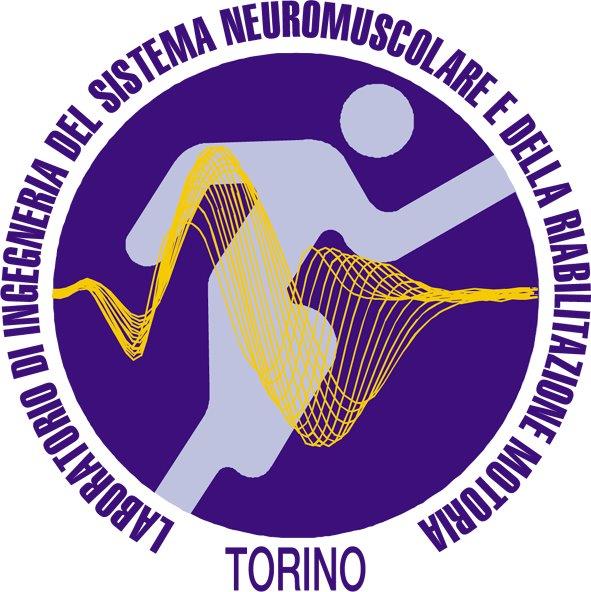The Technological Research Area covers the Design, Development, and Test of innovative biomedical instrumentation.
LISiN holds a strong, internationally recognized background on the design and development of biomedical instrumentation for the Neuromuscular System assessment.
The Technological research output leads to:
- Publications on high impact factor, peer-reviewed International Scientific Journals;
- Patent application for the inventive activities carried out;
- Participation to National and International scientific projects;
- Technological transfer and follow-up (e.g. for the regulatory assessment and certification of products) to company interested into acquiring and/or licensing the developed technology;
- Know-How technological transfer related to the design of products and biomedical instrumentation;
- Third-party research contracts aimed to design and develop biomedical instrumentation for customer-specific purposes.
The engineering background of the LISiN laboratory consists in:
- Hardware, firmware, and software design of biomedical instrumentation, with specific regard to:
- the design of devices for biopotential detection (sEMG and EEG in particular);
- the design of neuromuscular electrical stimulators;
- the design of instrumentation for Human Machine Interface (e.g. game-based instrumentation, instrumentation for the prosthesis control etc.);
- the design of devices for the biofeedback-based applications through the provision of stimuli in augmented and virtual reality environments;
- the design of devices for the correction of impairments and disabilities (e.g. drop foot correction).
- Design of electrode systems for the biopotential detection and electrical stimulation;
- Support to the certification of biomedical devices compliant to EU laws (e.g. 93/42/CEE, 2017/745/CE) and International Standards (e.g. IEC 60601-1, IEC 60601-2-10, IEC 60601-2-40 etc.);
- Definition and analysis of safety requirements related to the design and correct use of biomedical instrumentation;
- Evaluation of the residual risk of biomedical devices according to the ISO 14971 and IEC 60601-1 International Standards;
- Design of methods and Instrumentation for the electrical characterization of the electrode-skin interface;
Occasionally, LISiN designs and develops biomedical instrumentation related to other bioengineering fields, ranging from the monitoring of vital parameters to the design of telemedicine platforms in home and healthcare contexts.
